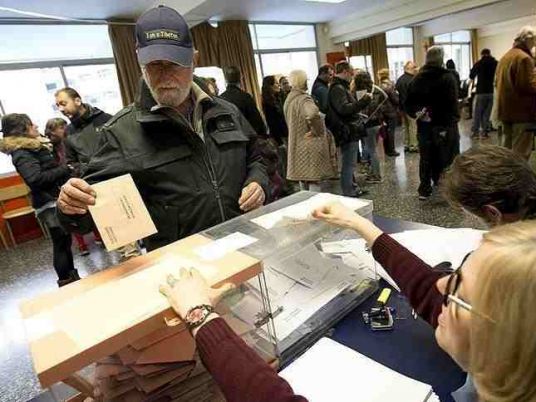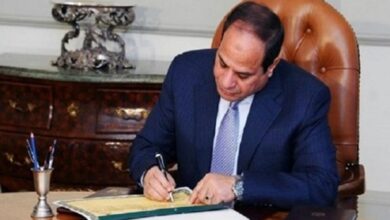
Spanish voters delivered a knock-out punch to traditional Spanish politics in Sunday’s general elections, with the ruling government losing its majority and two new parties emerging in a long-running bipartisan system.
The Popular Party, led by incumbent Prime Minister Mariano Rajoy has won a minority government, but there is no guarantee that he will govern. With the results in, the Spanish Congress now looks extremely fragmented and whether or not pacts or a stalemate will prevent Rajoy from governing again is unclear.
The Popular Party won 123 seats in the 350 seat Congress. This is a sharp loss from previous elections and far from the 176 seats needed for a majority government.
“I’m going to try to form a government,” said Rajoy in his victory speech.
The Socialist Party, the traditional opposition to the right-leaning Popular Party, has come in second position with 90 seats. This is the worst elections result in their history, even after a crushing defeat in the 2011 elections. However, if the party can make an anti-Rajoy coalition, it does have a chance of governing.
“It’s clear that Spain wants the left and wants change,” said Pedro Sanchez, the leader of the Socialist party, but also congratulated Rajoy on his victory and acknowledged the “unfortunate” results.
The left-wing Podemos (We Can) party, founded in 2014 after protests against austerity measures, came in third place with 69 seats. The Citizens party saw rather disappointing results with 40 seats and fourth place. Prior to these elections, neither party held any seats in the Congress.
Of the country’s total population of 46.7 million people, 36.5 million were eligible to vote. Of those, approximately 73 percent went to the polls on Sunday. This turnout rate is a few points up from the last elections in 2011, but identical to the average of the ten prior elections held in Spanish democracy since 1977.
In 2011, the Popular Party held 185 seats and the Socialist Party had 110, but the past four years in Spain have been tumultuous. Riding on the disenchantment of voters toward the traditional parties, Podemos and Citizens presented themselves as appealing alternatives.
Unemployment, while decreasing, is still at 21 percent, the second highest in Europe; austerity measures have triggered massive protests, Catalan separatists are on the brink of declaring independence and both traditional Spanish parties have been plagued by corruption scandals.
“Today a new Spain has been born,” said Pablo Iglesias, the leader of Podemos in his post-election speech. “The system of taking turns in Spain is over.”




